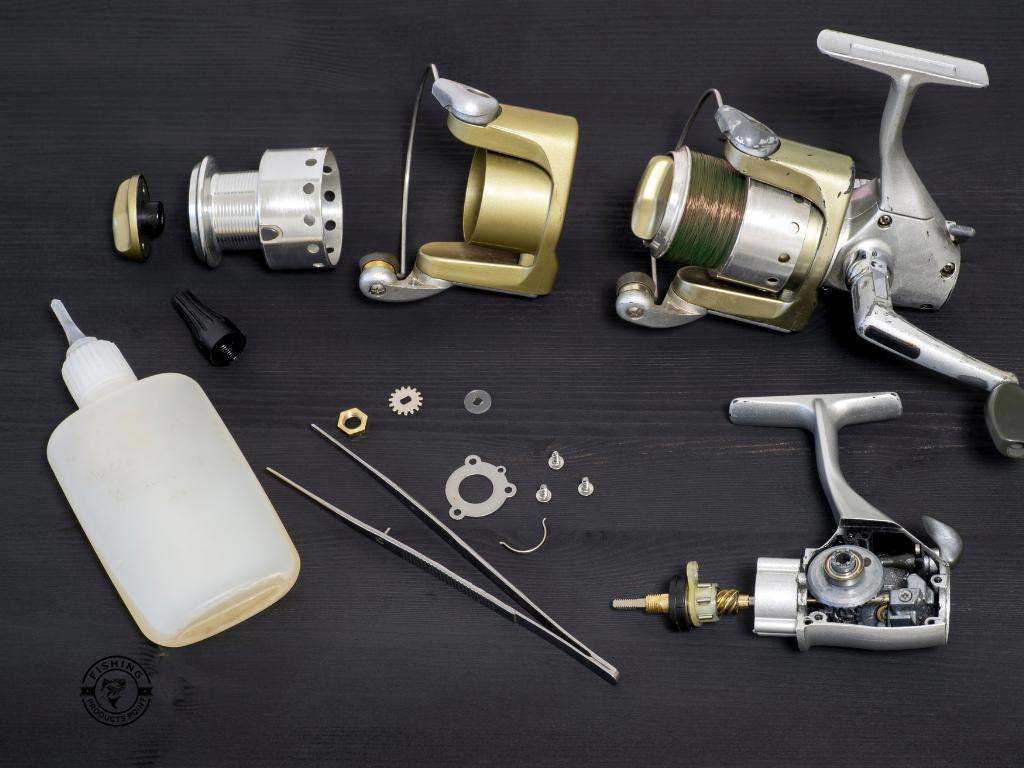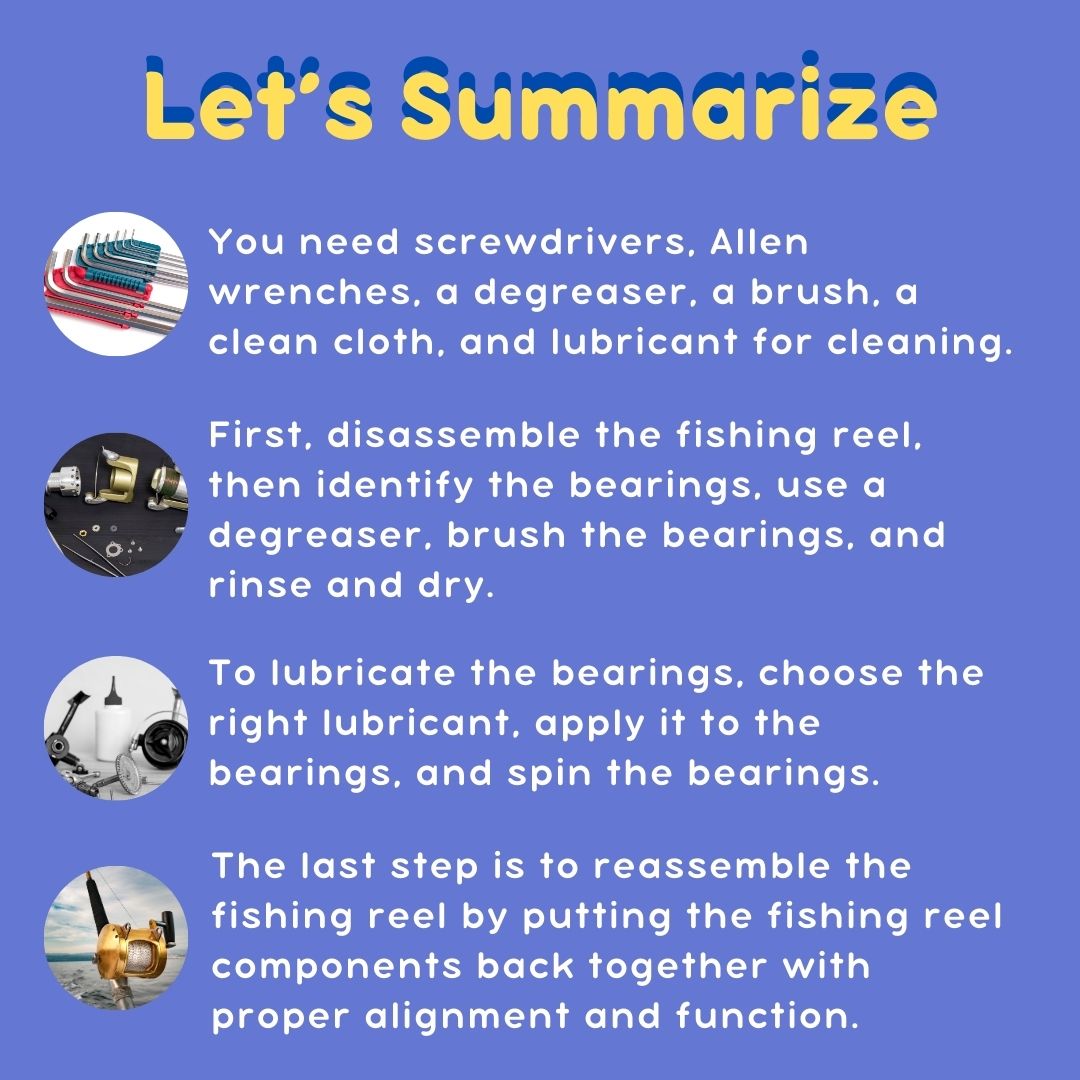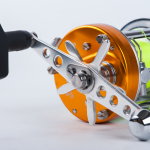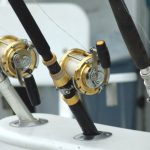Are you frustrated with your fishing reel not performing as smoothly as it once did? Have you noticed a decrease in casting distance while reeling in your catch? These issues are often indicators of dirty or contaminated bearings. Therefore knowing how to clean fishing reel bearings is important for every angler.
As an avid angler, you know that well-maintained gear is essential for a successful fishing experience. Fishing reel bearings play a vital role in the smooth operation and longevity of your fishing gear. Sand, mud, and other particles can assemble over time in these bearings, causing decreased performance and potential damage.
Properly cleaning and maintaining your fishing reel bearings is crucial to ensure optimal functionality and extend their lifespan. I will provide advice in this article using the methodical, sequential steps of how to clean fishing reel bearings for beginners. Reading all the way will help you keep your gear in top condition for the next fishing adventure.
Preparing for Cleaning
Before explaining the process of how to clean fishing reel bearings, getting the required tools and materials together is crucial. Here is what you will need:
1. Screwdrivers and Allen Wrenches
Depending on your fishing reel model, you may require specific tools to disassemble the reel.
2. Cleaning solvent or degreaser
Look for a solvent designed for removing dirt and grease from delicate components.
3. Small brush
A soft-bristled brush will help you clean the bearings thoroughly without causing damage.
4. Clean cloth or Paper Towels
These will come in handy for drying the bearings and removing excess lubricant.
5. Lubricant
Choose a high-quality lubricant suitable for fishing reel bearings.
When you have acquired everything necessary, it is time to proceed with disassembling the fishing reel.
How to Clean the Fishing Reel Bearings
For cleaning the fishing reel bearings effectively, follow these steps:

1. Disassemble the fishing reel
Use the appropriate screwdrivers or Allen wrenches to remove the necessary components carefully. Take note of the disassembly order to ensure an easy reassembly later.
2. Identify the Bearings
Once the reel is disassembled, locate the bearings. They are usually small, round components that enable steady rotation of the reel’s moving components.
3. Use a Degreaser
Apply a suitable degreaser or cleaning solvent to the bearings, ensuring all surfaces are covered. This will help dissolve dirt, grime, and old lubricant.
4. Brush the Bearings
Gently scrub the bearings with a small brush, paying close attention to each bearing. This process will help remove stubborn debris and residue.
5. Rinse the bearings
Rinse the bearings with clean water to remove any remaining degreaser or dirt particles. Ensure all traces of degreaser are completely washed away.
6. Dry the bearings
Utilize a fresh cloth or piece of paper towel after rinsing to dry the bearings thoroughly. Make sure there is no dampness anywhere on them before proceeding.
Lubricating the Bearings
Proper lubrication is crucial for smooth bearing operation. Follow these steps to lubricate your fishing reel bearings:
1. Choose the right Lubricant
Select a lubricant specifically designed for fishing reel bearings. Avoid using heavy oils or greases as they may hinder the performance.
2. Apply lubricant to the Bearings
Place a small drop of lubricant on each bearing, ensuring even coverage. Avoid over-lubricating, as excessive lubrication can attract dirt and cause performance issues.
3. Spin the Bearings
Spin the bearings gently with your fingers to distribute the lubricant evenly. This will guarantee seamless operation and avoid any dry patches.
Reassembling the Fishing Reel
Now that your bearings are clean and properly lubricated, it is time to put your fishing reel back together. Follow these steps:
1. Put the fishing reel components back together
Refer to your disassembly notes and reverse the process to assemble the reel. Ensure each component is properly aligned and fitted.
2. Proper Alignment and Function
Once the reel is reassembled, check that all parts are aligned correctly and move smoothly. Make any modifications required to guarantee ideal performance.

Conclusion
Cleaning and servicing your fishing reel bearings is an essential maintenance task. It can significantly improve the performance and longevity of your fishing gear. Any angler who values top-tier performance should not overlook this cleaning process of fishing reel bearings.
By adhering to the systematic instructions in this blog post, you can learn how to clean fishing reel bearings easily. Regular maintenance of your fishing reel bearings will help you avoid unnecessary wear and tear, ultimately enhancing your fishing experience.







